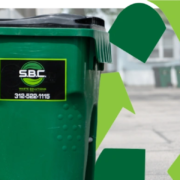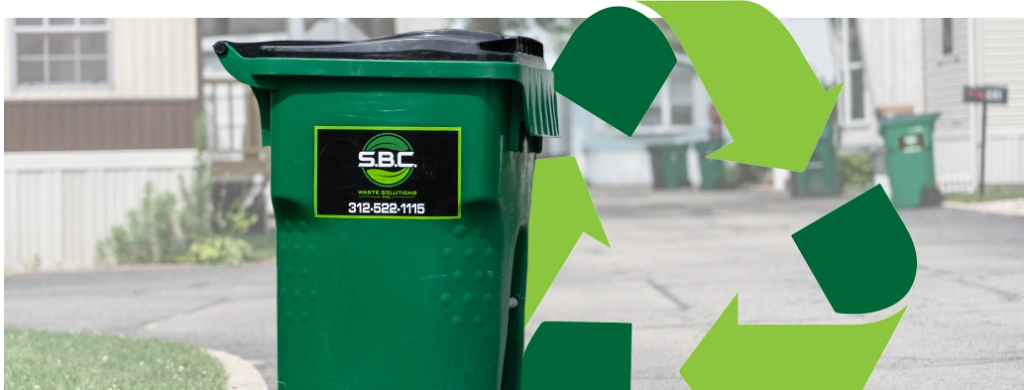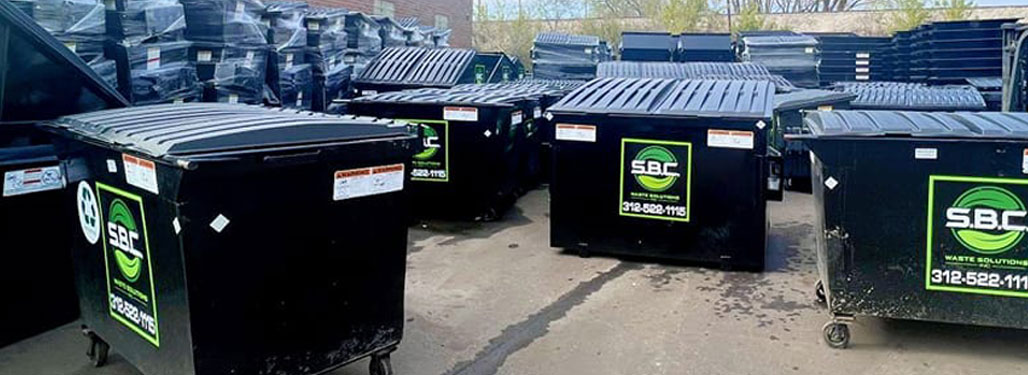How to Prepare Your Waste for Efficient Curbside Pickup
How to Prepare Your Waste for Efficient Curbside Pickup
Managing your waste can be a surprisingly complex task—and it’s more important than you think. Properly preparing your waste for curbside pickup ensures it’s collected promptly, disposed of responsibly, and contributes to a cleaner, healthier community. Whether you’re dealing with household trash, recyclables, or bulky items, knowing what to do before curbside pickup day makes all the difference.
At SBC Waste Solutions, we’re here to guide you every step of the way. This blog details how to efficiently prepare your waste for curbside collection, avoid common mistakes, and even minimize waste altogether.
Read on to become a waste-prep pro!
Understanding Your Waste Types
The first step in preparing for efficient curbside pickup is to identify the types of waste your household generates. When you understand these categories, you’ll find it much easier to sort and dispose of everything properly.
- Household Trash: Household trash, also known as municipal solid waste, includes everyday items like food wrappers, non-recyclable plastics, and other materials destined for the landfill. This type of waste is typically collected weekly by curbside services. To minimize your impact on landfills, consider reducing single-use items and replacing them with reusable alternatives whenever possible.
- Recyclables: Recyclable items include materials like paper, cardboard, certain types of plastics, glass bottles, and metal cans. To ensure these items can be processed, they must be clean and dry. Leftover food or liquids can contaminate an entire batch of recyclables, rendering them unusable for recycling facilities. Proper preparation ensures your efforts positively impact the recycling process.
- Bulky Items: Bulky waste includes large items such as furniture, old mattresses, and broken appliances. These items typically require special handling and can’t be taken during regular trash pickups. At SBC Waste Solutions, we provide clear guidelines for scheduling bulky item pickups, so you can dispose of these larger items responsibly.
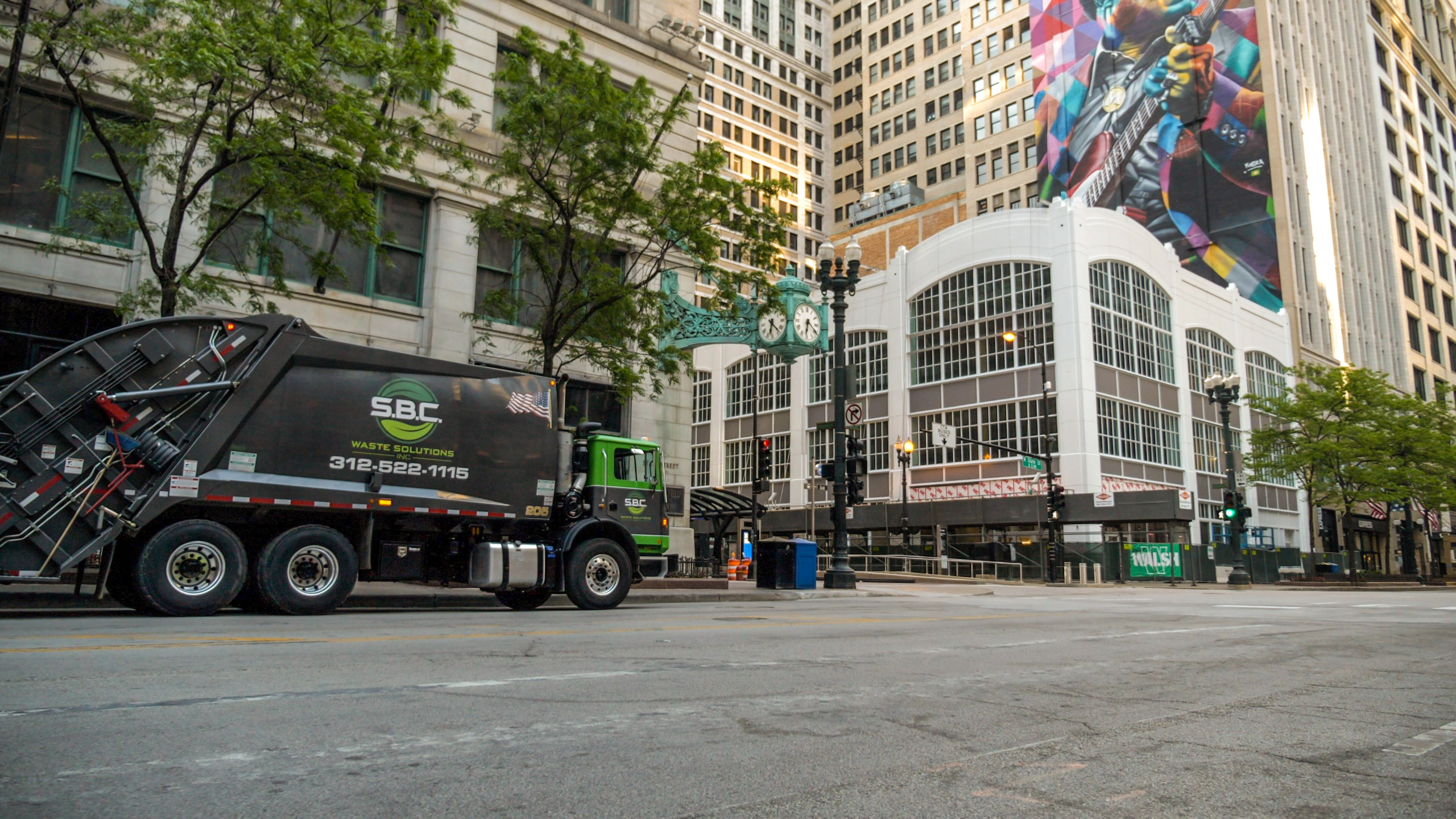
Curbside Trash Pickup
The Before-Collection Checklist
Good waste preparation begins before collection day. Use the following checklist to make sure your waste is ready to go.
- Know Your Pickup Schedule: One of the most important steps is knowing when your curbside collection service occurs. SBC Waste Solutions simplifies this by offering pickup schedules tailored to your location. Additionally, remember to watch for holiday schedules or delays, as these might change collection days. Staying informed ensures your waste is collected without any inconvenience.
- Sorting Your Waste: Sorting your waste is simple but crucial. Separate items into three main categories—trash, recyclables, and compostable materials. Using different bins or bags for each type will help streamline the process. Labeling these bins can also make it easier for other members of the household to follow the system. If your area supports composting, be sure to collect food scraps like vegetable peels and coffee grounds for disposal in a composting program.
Proper Preparation Techniques
Once you’ve sorted your waste, it’s time to ensure everything is packed and ready for pickup. Proper preparation is key to avoiding missed pickups and keeping the process efficient.
- Container Guidelines: Use sturdy containers with tight-fitting lids to prevent pests from accessing your trash. Make sure the containers aren’t overloaded; bins that are too heavy or overfilled can be difficult for collection teams to manage and may be left behind. Always check your local guidelines regarding approved container types for trash and recyclables.
- Safe Disposal of Hazardous Materials: Some items, like batteries, old paint, and certain chemicals, are considered hazardous waste and shouldn’t be mixed with regular trash. SBC Waste Solutions provides resources for safely disposing of these materials, including information about local collection events. Be sure to take advantage of these programs to keep your waste stream free of hazardous contaminants.
Common Mistakes to Avoid
To ensure your curbside waste is collected without issues, here are a few pitfalls to sidestep.
- Contamination of Recyclables: Recyclables become contaminated when non-recyclable items like greasy pizza boxes or improperly rinsed containers are included. Such contamination can result in entire batches being rejected by recycling facilities. Always double-check the list of acceptable materials provided by your waste management company to ensure your recycling efforts are effective and contamination-free.
- Overfilling Containers: Overflowing waste bins can cause trash to spill into streets or be left uncollected by services. Overfilled containers are difficult to handle and lead to delays in waste pickup. To avoid these issues, ensure bins are not overloaded and maintain a manageable weight and level for smoother collection processing.
- Ignoring Local Regulations: Different regions follow specific waste management regulations, and failing to comply can result in fines or missed collections. Always stay updated with guidelines provided by SBC Waste Solutions or your local waste service. This ensures proper waste disposal, supports efficient operations, and avoids complications. Following these rules benefits everyone.
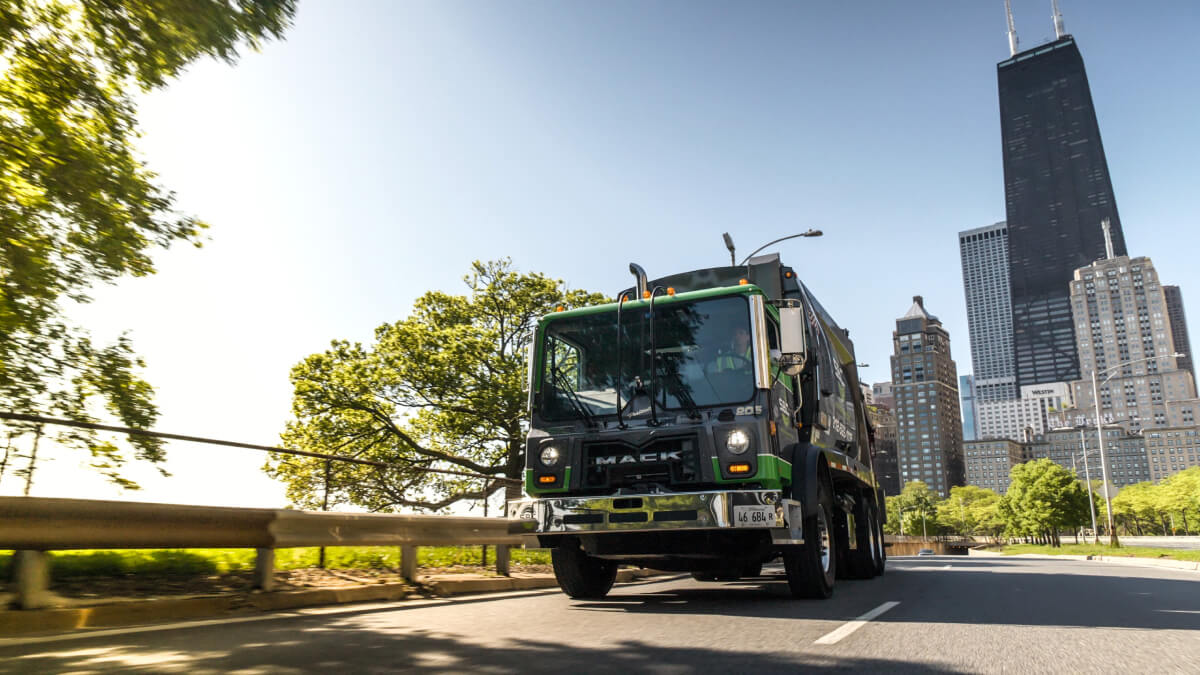
Waste Management
The Role of SBC Waste Solutions
SBC Waste Solutions is here to make waste management as seamless and efficient as possible for our customers. We offer a number of tools and programs to support responsible waste disposal.
- Customer Support and Resources: Our team is always available to answer questions and provide guidance. Whether you’re dealing with bulky items, hazardous materials, or recycling confusion, you can rely on our FAQs, guides, and customer support to help. We also offer educational materials to help residents make informed decisions about waste reduction and recycling.
- Customized Waste Collection: We understand that every community has unique needs when it comes to waste management. That’s why we work closely with our customers to customize collection schedules, provide different container options, and offer additional services like composting or bulk item pickup.
- Community Outreach: At SBC Waste Solutions, we believe in the power of education and outreach to promote sustainable waste practices. We partner with local organizations and schools to raise awareness about proper waste disposal, recycling, and reducing consumption. Through these efforts, we hope to inspire lasting change for a healthier planet.
Minimizing Waste Before Curbside Pickup
Reducing the amount of waste your household generates is one of the most impactful steps you can take. Not only does it make curbside pickup easier, but it also contributes to a healthier planet.
- Decluttering Strategies: Take time to declutter your home and donate items in good condition to thrift stores or charities. Instead of tossing unused household goods, think about whether they could serve someone else. This not only helps reduce waste but also supports your local community by giving items a new purpose and extending their usefulness.
- Recycling and Upcycling Ideas: Get creative by upcycling items to reduce waste and explore new projects. Old jars can become practical storage containers, or scraps of wood and fabric can be reimagined into DIY home decor. Upcycling not only limits what ends up in landfills but also encourages a mindset of resourcefulness and conservation in your daily life.
- Eco-Friendly Purchasing Decisions: When shopping, consider the packaging and sustainability of the products you buy. Choose items with minimal or recyclable packaging and prioritize products from companies emphasizing eco-friendly practices. Supporting brands that are committed to sustainability sends a powerful message about what consumers value and drives positive change in the marketplace.
Community Impact of Responsible Waste Management
When we all work together to manage our waste responsibly, the positive effects ripple outward into our communities.
- Benefits of Recycling and Reducing Waste: Recycling reduces landfill use and conserves natural resources. Less waste in landfills means less harmful methane gas being released into the atmosphere. By recycling correctly, we actively contribute to cleaner air, reduced carbon emissions, and the preservation of vital ecosystems. These efforts help ensure a sustainable future for both our planet and future generations.
- Community Engagement Initiatives: SBC Waste Solutions is proud to support community programs like neighborhood clean-up events. These initiatives beautify our surroundings and foster a sense of responsibility among residents. Getting involved in such programs strengthens community bonds and builds awareness about waste management. If you’re eager to contribute, ask about local opportunities to participate and make a difference today!
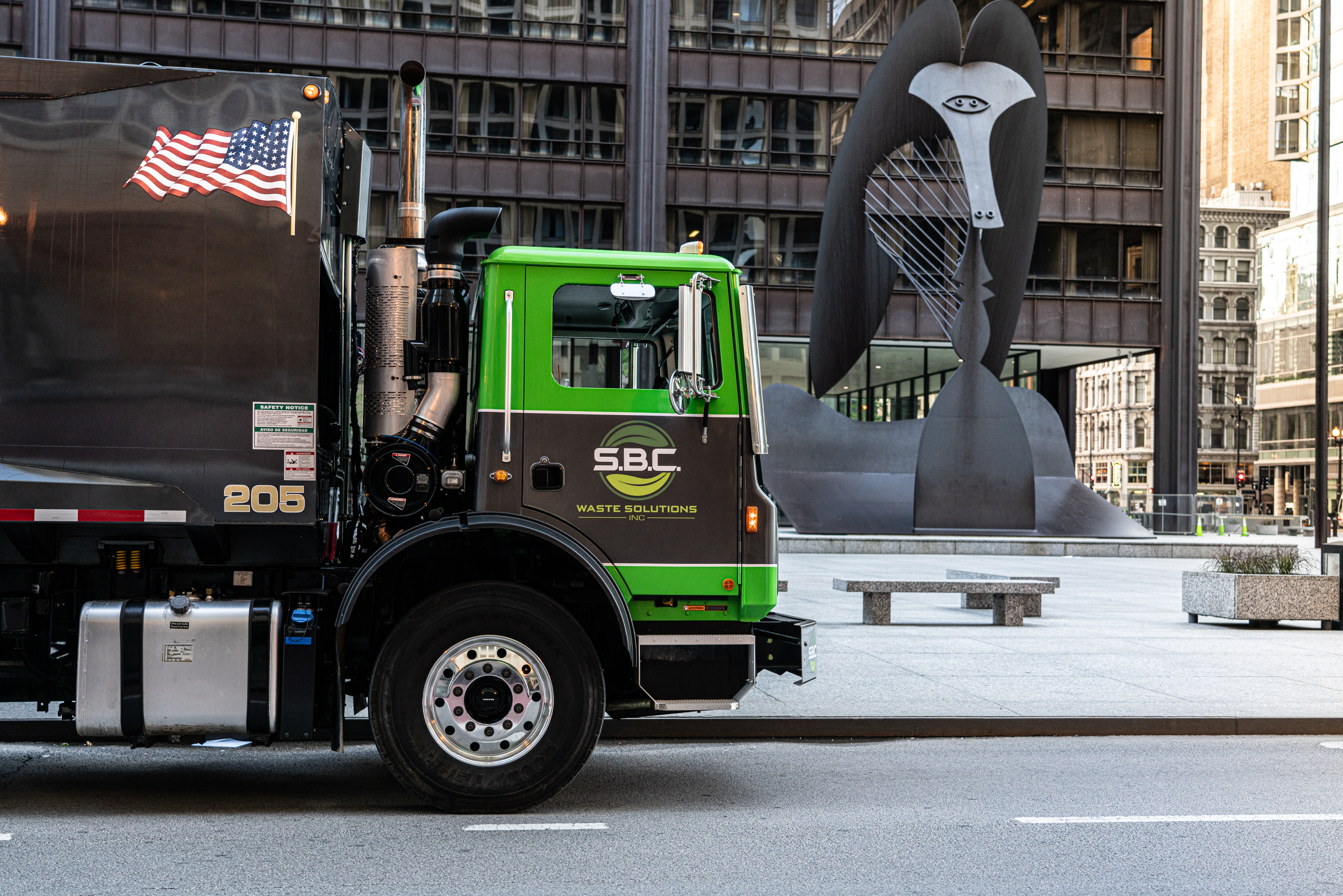
Garbage Companies
Conclusion
Efficient waste management starts at home, with understanding, preparation, and action. By sorting waste types, following local guidelines, and being mindful of the resources available through SBC Waste Solutions, you can make a big difference in how your waste is collected and processed.
At SBC Waste Solutions, we’re here to help every step of the way, from providing information about curbside pickup schedules to implementing innovative waste management programs. We encourage you to take these proactive steps for efficient waste preparation and a cleaner community.
If you have any questions or need assistance in streamlining your waste disposal process, don’t hesitate to reach out to our team. Together, we can create a more sustainable and responsible future for waste management.
https://www.google.com/maps?cid=4180240075447051620


